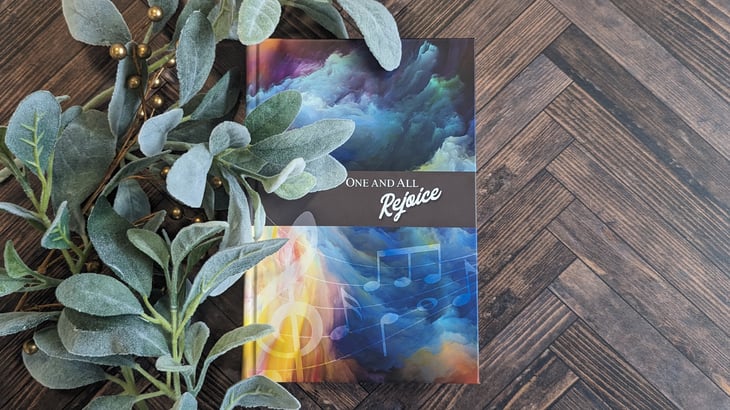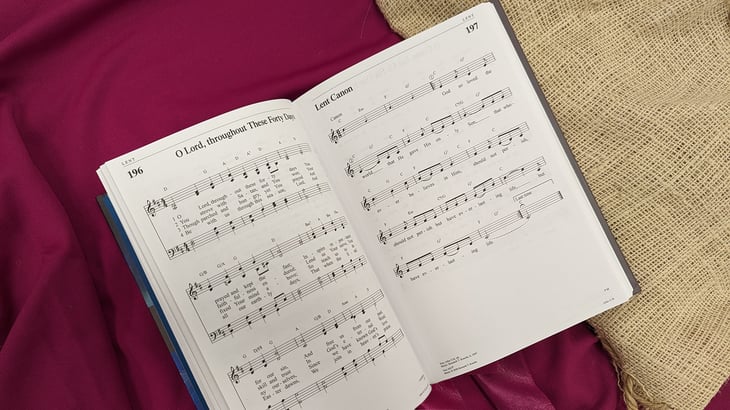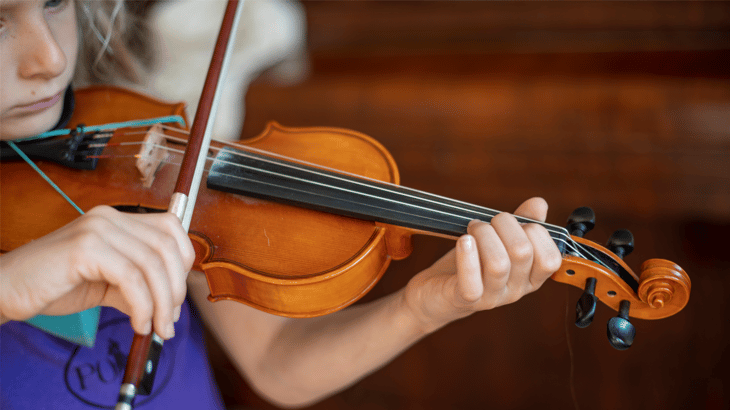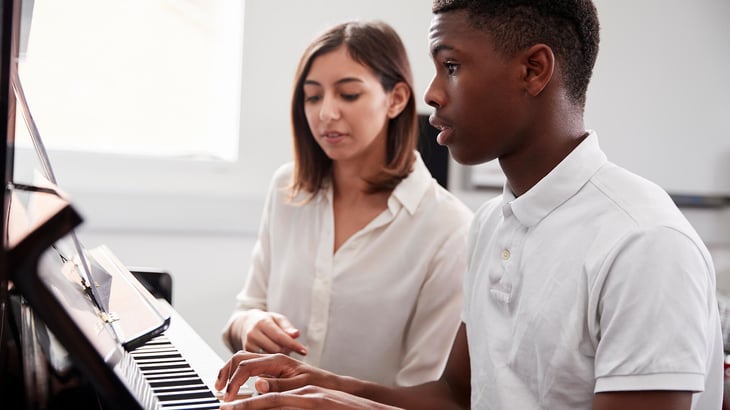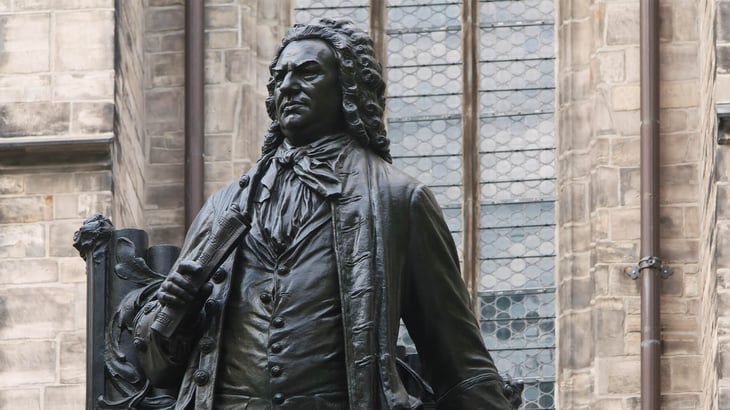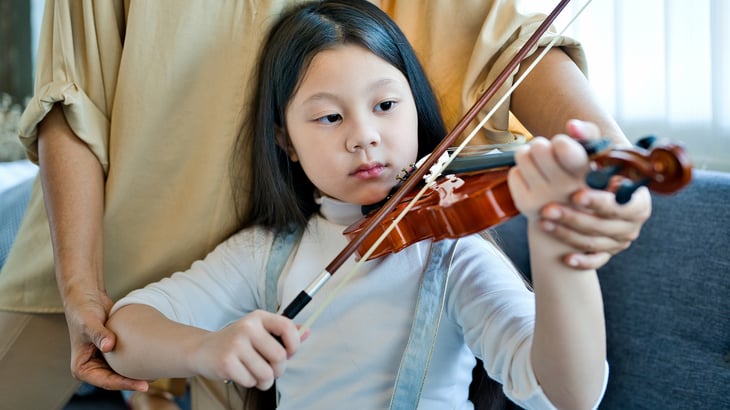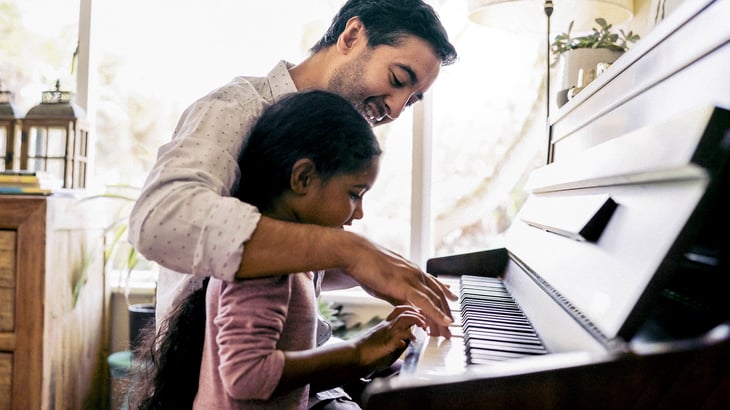Teaching Kids to Sing with Canons from One and All Rejoice
One and All Rejoice (OAR) contains numerous opportunities for teaching children part singing. A great way to get started is by learning one of the many canons included in OAR. To discover everything that can be sung in canon in OAR, check out the index “Hymns and Songs in Canon” on page 361 of the hymnal.
Top Children’s Hymns for Lent
Lent is a reflective and beautiful time in the Church Year. As we prepare to enter this season, you may notice some children are more familiar with this time as one to “take a break” from something they enjoy. Many choose things such as limiting their phone time. Or, for young adults, less dependency on caffeine. But Lent holds so much more meaning than simply a time of withdrawal from something we desire. It’s filled with rich history, ceremony, and faithful hymns. For a deeper understanding of what this season holds for believers, let’s look to the hymns in One and All Rejoice.
Teaching Children about Lent through Music
Music Education and Child Development
The ancient Greeks recognized the importance of music as part of a complete education. In the Greek gymnasiums of ancient times, men sought physical fitness through training, but education in music was also essential. Greek philosophers argued that music was important because it refined the mind. Gymnastics (or physical training) and music together completed a man’s education.
The Liturgy of Back-to-School Routines
In this “Back to School!” time of year, what are your routines? You may be back in school already or preparing for its arrival in the coming weeks. It is this time of year that—whether or not we are actively involved in a school as a student, teacher, parent, administrator, church worker, or volunteer—we tend to pay attention to a change in routines. Summer’s coming to a close and the rapidly approaching autumn signals a return to stricter schedules and more involved days.
The Tedious Work of Musicians and Christians
I periodically see a meme floating around the internet jokingly mimicking those who praise musicians with phrases like “Wow, how did you get such great talent?” and “How do you play so beautifully?” The musician responds every time: “Practice.”
This meme expresses the truth of every great artist. Certainly, some possess a certain knack for particular arts and we hear about prodigies every once in a while, but the truth is that those who succeed in any area, whether music or otherwise, succeed because they put in the hard work of learning to do something well.
Teaching Today's Young Musicians with Musical Masters
While reading a child’s version of the biography of Johann Sebastian Bach to my students recently, I was struck with how much Bach learned from the “masters.” When practicing and perfecting his art, Bach intentionally sought out music written by those who preceded him whose works were masterful and worthy. Bach’s method of learning music in this way provides a powerful example of the way in which we should learn and teach music.
Teaching Psalms to Students
Every Maundy Thursday evening during the stripping of the altar, the choir at my church sings a version of Psalm 22, the Psalm that begins “My God, my God, why have you forsaken me?” It’s a poignant piece for that part of the service and a look at the way in which the Psalms continually point us to Christ. This repetition of the same psalm at the same service every year also ensures that the psalm becomes familiar to the congregation and offers members words of Scripture to pray in times of need.
Teach Children to Play Beautiful Music through Stories
I’m a rule follower.
I hate making decisions, and rules tell me exactly what I should do. They are easy to follow because I don’t need to think about anything. If it’s a rule, I follow it. All of this makes me a good sight-reader. To me, it’s comforting to know that all the notes and harmonies and rhythms are laid out there and simply need to be followed.
Develop a Music-Making Culture at Home
Music-making doesn’t have to be serious. It can also be hilarious.
If you teach music in any capacity, think about the times it has most brought a smile to your students’ faces. For me, it’s when ridiculous silly songs and silly voices are used. Take for example the song about the tree in the wood. You know the one: “The nest was on the branch and the branch was on the tree and the tree was in the hole and the hole was in the ground …” Even my most reticent third graders will break into a giant grin and start singing heartily when that song is in the lesson plans for the day. They think they are just having a good time. I know that they are learning to sing and to love music.


